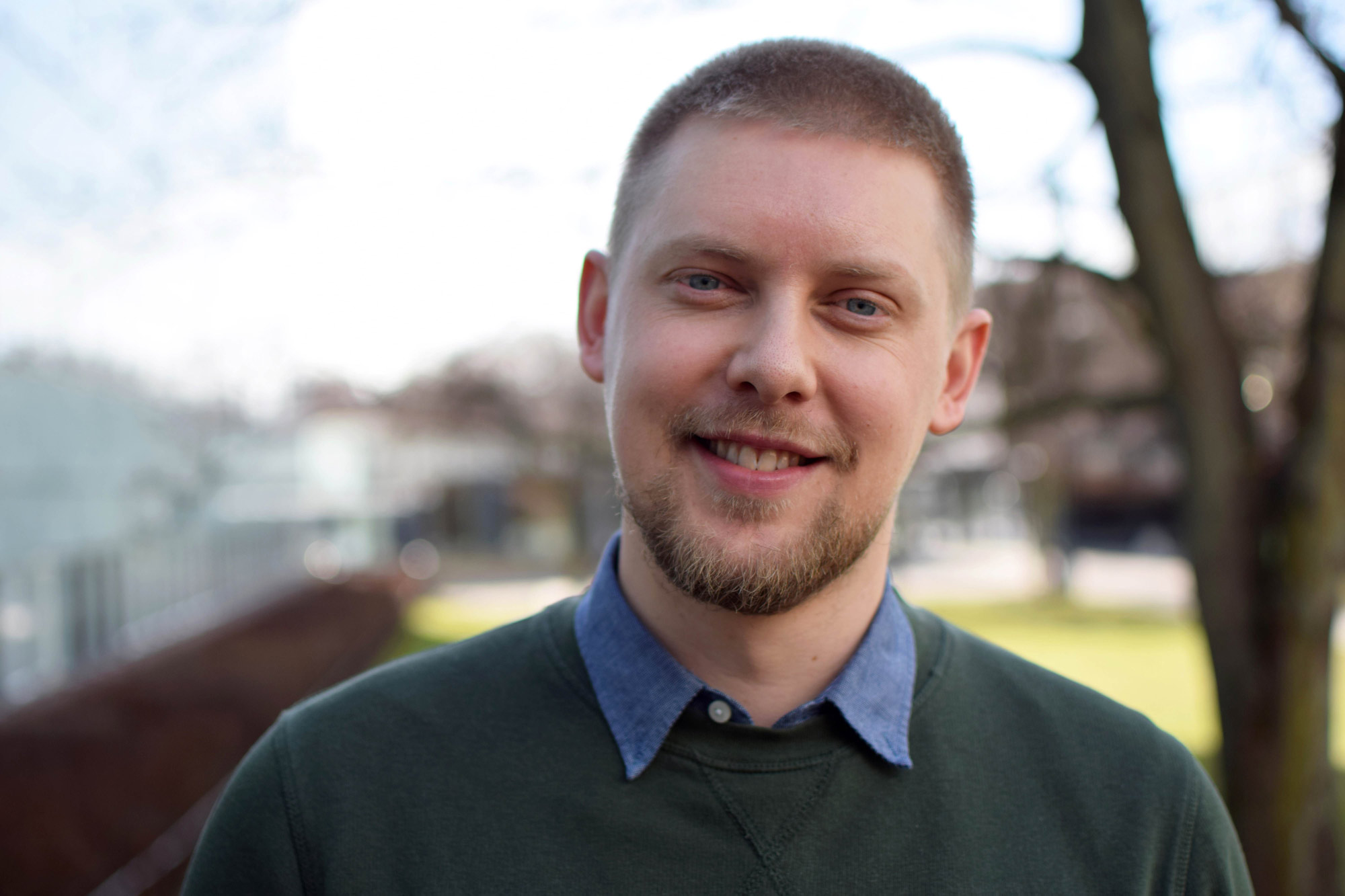£1.3 million funding awarded for research on migrant health
A grant of £1.3 million from United Kingdom Research and Innovation (UKRI) has been awarded for a research project to study whether international migrants are living longer lives in worse health compared to non-migrants.

Dr Matthew Wallace (pictured), Associate Professor and Reader in Social Inequality at the Centre for Research on Inclusive Society (CRIS) in the University of Salford’s School of Health and Society, will lead the study.
Matthew’s previous research focuses on a range of projects related to migration, the children of migrants, population health, public health, demography, and social inequality. This large-scale, five-year project focuses on the idea that migrants in high-income countries are living longer than those born there, but experience a higher burden of ill-health and disease in their lifetime.
Matthew explains: “A limited amount of evidence suggests that migrants are living longer lives in worse health than non-migrants are. Given that migrants represent substantial and growing shares of the resident populations of many high-income countries, this is a serious social and public health concern. It raises questions about how well prepared our national health care and welfare systems are to meet the diverse and often complex health needs that migrants have.
“International migration is more diverse than ever. Migrants are arriving from a wide range of low, middle, and high-income countries for many different reasons. This is especially true for particularly vulnerable and excluded groups like asylum seekers and refugees. It also raises questions about the effectiveness of policies designed to facilitate the integration of migrants, and the integration process itself, after migrants have arrived in their new country.”
The research aims to discover the extent, causes, mechanisms behind, and consequences of whether international migrants are living longer lives in worse health than non-migrants are. It will do so using cutting-edge advanced quantitative techniques to analyse large-scale data.
Matthew continues: “I hope that this project can help us understand whether international migrants are living longer in poorer health, and why this might be. The project has the exciting potential to bring us closer than ever to understanding the unique health of international migrants and help to set the direction of future research on migrant health. I also hope that it can provide robust evidence to influence migrant health policies across a range of high-income, migrant-receiving countries.”
For all press office enquiries please email communications@salford.ac.uk.
Share:
